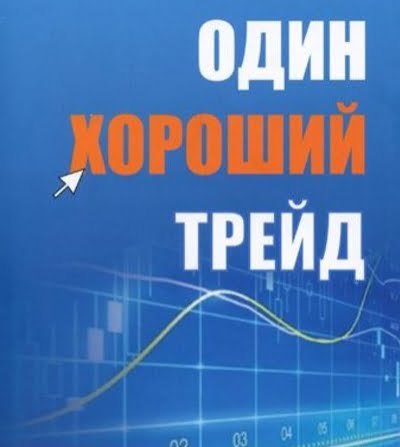Tolerance for risk – a popular theme in the investment community. The higher your tolerance for risk, the more risky investments you can afford, without transferring stress. There are many ways you can help determine risk tolerance. Usually assume that what is more, the better. However, my work has allowed me to select a group of traders who prefer the security. They relax at work and trade with the appropriate mental mood. This is neither good nor bad, it’s just trading style.
Answer the following questions that evaluate your trading style. Determine how each of the 20 judgments suits you personally.
1. I never let instincts to influence my trading decisions.
2. If I have no choice, I prefer the traditional solutions than the original.
3. I like the security.
4. I never do anything spur of the moment.
5. Development of a mathematical model that would make predictions – would have been interesting for me.
6. I feel comfortable when my investment plans based on sound footing
7. I prefer a solution based on facts and logic rather than instinct.
8. I usually make decisions based on logic rather than feelings.
9. I usually wait until I will be reliable information and proven facts before making investments.
10. I prefer to work with facts and figures than with people.
11. I feel vibrations in the innovations.
12. I avoid accidents.
13. I prefer familiar surroundings.
14. I do not accept the decision, while I do not have all the necessary facts.
15. I avoid unnecessary risks.
16. I prefer predictable situations.
17. I never do anything pointless, just for fun.
18. Safety – above all else.
19. I prefer to hold the decision of a task more time, but know that the decision is right than to finish quickly with the risk of making a mistake.
20. I do not do anything impulsively.
For each answer “yes” – is charged 2 points for every answer “no” – 1 point. How many points you have collected? If your result is 20, then you are in the group most cautious traders. Less than a quarter of those who passed the test, scored as many points. Most members of the reference group collected 21-27 points. More than 28 points and collected less than a quarter of participants of the test.
.
What are received glasses? Large or small number of points is not connected with the potential profitability of your trade. It points to your trading style. People who scored a lot of points, more suitable long-term deals that require a sufficiently tangible (but not excessive) the evidence, before opening. One should not confuse caution with perfectionism. Rather, it is more attentive to detail. Facts is better to trust more than the instincts, but the safety and proven tactics much better excitation and innovations.
> to switch


